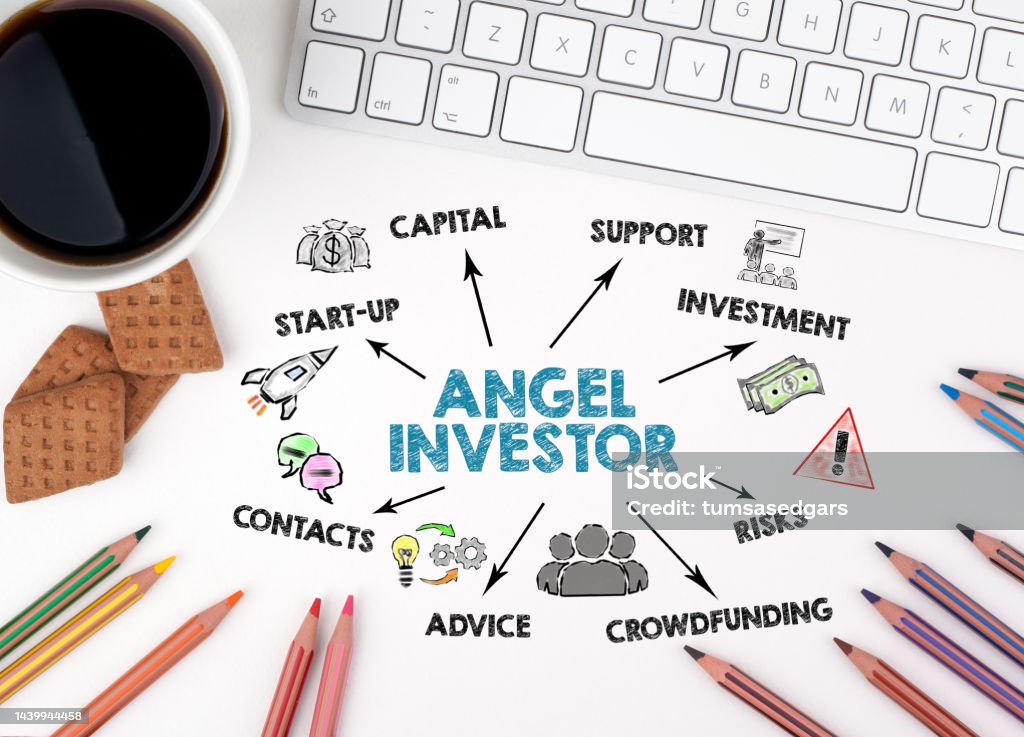Angel investors are individuals who provide financial support to promising startup companies in exchange for ownership stakes or royalties. In 2017, angel investors invested around $25 billion in approximately 70,000 companies, although these figures may fluctuate annually.
 Angel Investor Business Accredited investor status, typically reserved for high-income or high-net-worth individuals, was broadened to include more ordinary retail investors, including those participating in crowdfunding campaigns, through the 2012 Jumpstart Our Business Startups Act.
Angel Investor Business Accredited investor status, typically reserved for high-income or high-net-worth individuals, was broadened to include more ordinary retail investors, including those participating in crowdfunding campaigns, through the 2012 Jumpstart Our Business Startups Act.
Angel investors can be individuals with diverse backgrounds and professions, including:
Professionals in fields like law, medicine, accounting, and financial advising, among others.
Seasoned corporate executives who have climbed the ranks and possess valuable insights into running successful businesses.
Accomplished entrepreneurs and small business owners with a track record of launching and growing profitable ventures.
Dedicated investors who specialize in funding small businesses as a part of their professional activities.
Crowdfunding platforms that gather funds collectively, with each contributor making a small investment in return for a fractional share of potential future profits if the startup succeeds.
ABC of Angel Investment

Angel investors usually prefer to enter the picture during the early stages of a company, often at the “seed” or “angel” funding phase.
This can happen when the business is merely a concept, or it may occur when a company is already operational.
In some cases, angel investors may step in after the initial funding round, which typically involves contributions from the founders themselves, friends and family of the founders, or bank loans. Initial business funding is typically modest, with founders often starting their product or service with around $10,000 in initial funding.
Angel investors typically come into play after the initial funding has been secured but before the company requires a more substantial investment from a venture capital firm.
Their investment becomes crucial during a critical, usually early, phase of the company’s development, bridging the gap between the initial funding and the point at which venture capital groups become interested in partnering with a promising business.
The amounts of funding from angel investors can range widely, starting as low as $5,000 and going up to $150,000. In certain cases, groups of angel investors form syndicates, which can collectively offer funding of up to $1 million for specific companies.
It’s typical for angel investors to avoid acquiring more than a 25% ownership stake in a company. Experienced angel investors understand the importance of allowing company founders to maintain the majority ownership stake in their own ventures, as this gives them the strongest motivation to ensure the success of their businesses.



